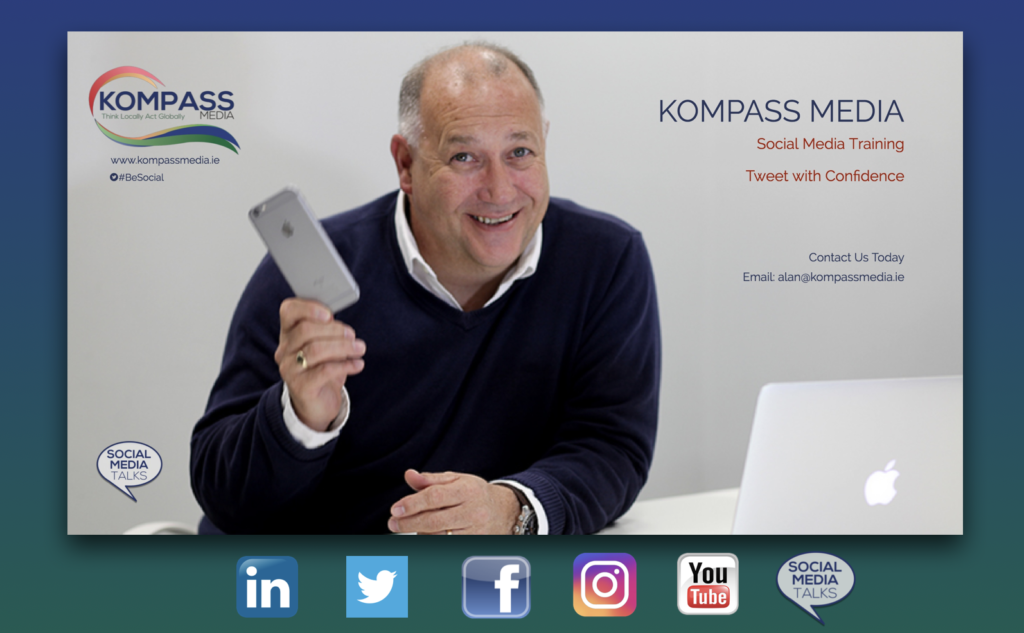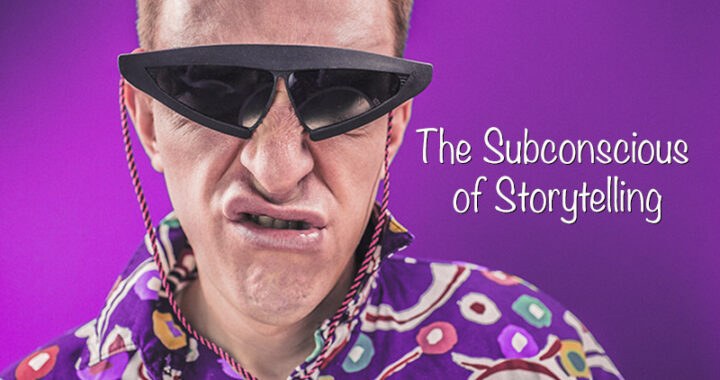Did you know the majority of our thinking occurs in the subconscious part of our brain where logic and reason make little impact?
It is why storytelling is an essential way for your brand to connect with the people you are trying to engage with.
While many elements go into the art of branded storytelling, your audience’s mindset dramatically influences how well your story connects and engages with the person viewing your content.
Social Media caters to storytelling by providing the resources on their channels where people expect to be taught, entertained and inspired.
Stories that incorporate the emotional and visual, invite your audience to immerse themselves in a memorable experience; one that creates a powerful association with your brand.
Getting the art and science of storytelling right will evoke emotions that inspire your audience to take action.

Here is the structure you should put into practice when storytelling -
Focus on one single aspect of the subject
Introducing a number of different aspects to a story will only confuse the brain and reduce the attention span of the mind because it is trying to keep up. It will start to float off in different directions and lose the point of interest.
It is like the famous quote, “We don’t remember the day, we remember the moment.” So, stick to the single aspect of the topic.
Get Your Audience involved with a “Hook”
Grabbing the attention of your audience is what will draw them in, resulting in engagement. This is why the “Hook” is so important and increase their curiosity to read more. It will also stimulate their neuro pathways with images that will make them remember or excite them.
One of the greatest hooks I have seen over the past few years was in an email marketing campaign. The Subject box was simply titled “Please Unsubscribe to the Email”, so what is the first thing you would do if you received this email? Open it to learn more about what you need to unsubscribe to.
The creator then opens with “If the information in this email is not for you please unsubscribe now.” This also brings in another emotion- FOMO (Fear Of Missing Out). So, the creator’s job was completed as it made you read more - this is where the “Hook” has worked.
Create a Beginning, Middle and End
Our brains work on a process of elimination, this means there has to be a structure to our storytelling. It can help us to comprehend where we are going, what we will learn and how it will end.
- The beginning should paint a vivid picture in our minds about what we are going to learn.
- The middle should add detail and context to what we are sharing.
- The end should either be a benefit or cement an action to be completed, in other words, a resolution.
These details also make the content of your story more memorable and easier to recall at a later date if required - this is where the subconscious mind stores them. Do you still remember the stories your mother or father told you as a child? This is your subconscious mind working when you recall them.

The last piece of storytelling should end with a call to action
When we watch a TV show or go to a seminar and listen to the speaker, the final note will always bring the story to a conclusion with an action or a realisation of what we watched or listened to. This is the call to action. Our brain cannot compute unfinished business. We will keep coming back to it until it is completed or actioned.
The perfect example of this is, have you ever watched a programme on TV and at the end, it says, To Be Continued? We all have the same reaction and it is usually, “I can’t wait for the next episode.” This triggers us to place a note in our subconscious to store this information until the next time and creates a call to action to remember to watch the TV programme the next time it is on.
So, creating a Call to Action in your storytelling invites your reader to take the next step plus keep them engaged with you and will spark their curiosity, emotion and result.
In conclusion or, the moral of this story (see what I am doing) is - when you are storytelling, add these elements and put them into practice to tell better stories and gain incredible results.
“Come back soon, to be continued”
Alan
______________________________________________________________________________
If you would like to discuss training, Social Media Management, Website development or digital consultancy services, please get in contact with Alan.
Alan Hennessy is head of digital at Kompass Media and one of Ireland's Leading Social Media Experts. He is also a Social Media Consultant and Trainer and speaks about Social Media & Digital Marketing all over Ireland and in the UK. The Social Media Talks podcast is among the top marketing podcasts in the world. Contact Alan to have him speak to your company event or conference soon.
Follow Alan on Social Media, Twitter, Facebook, Instagram, and YouTube
Contact Alan for more details Email: alan@kompassmedia.ie or Call 086 856 9960.
For more details on Digital Marketing - Tailor-Made Training click here Tailormadetraining
Kompass Media - Weekly Podcast: The Social Media Talks Podcast
To listen to our weekly Podcast, Click on this link Social Media Talks Podcasts
Subscribe to the Podcast on your prefered Podcast Provider, so you never miss an episode.
Find out where you can subscribe on our Podcast Page

